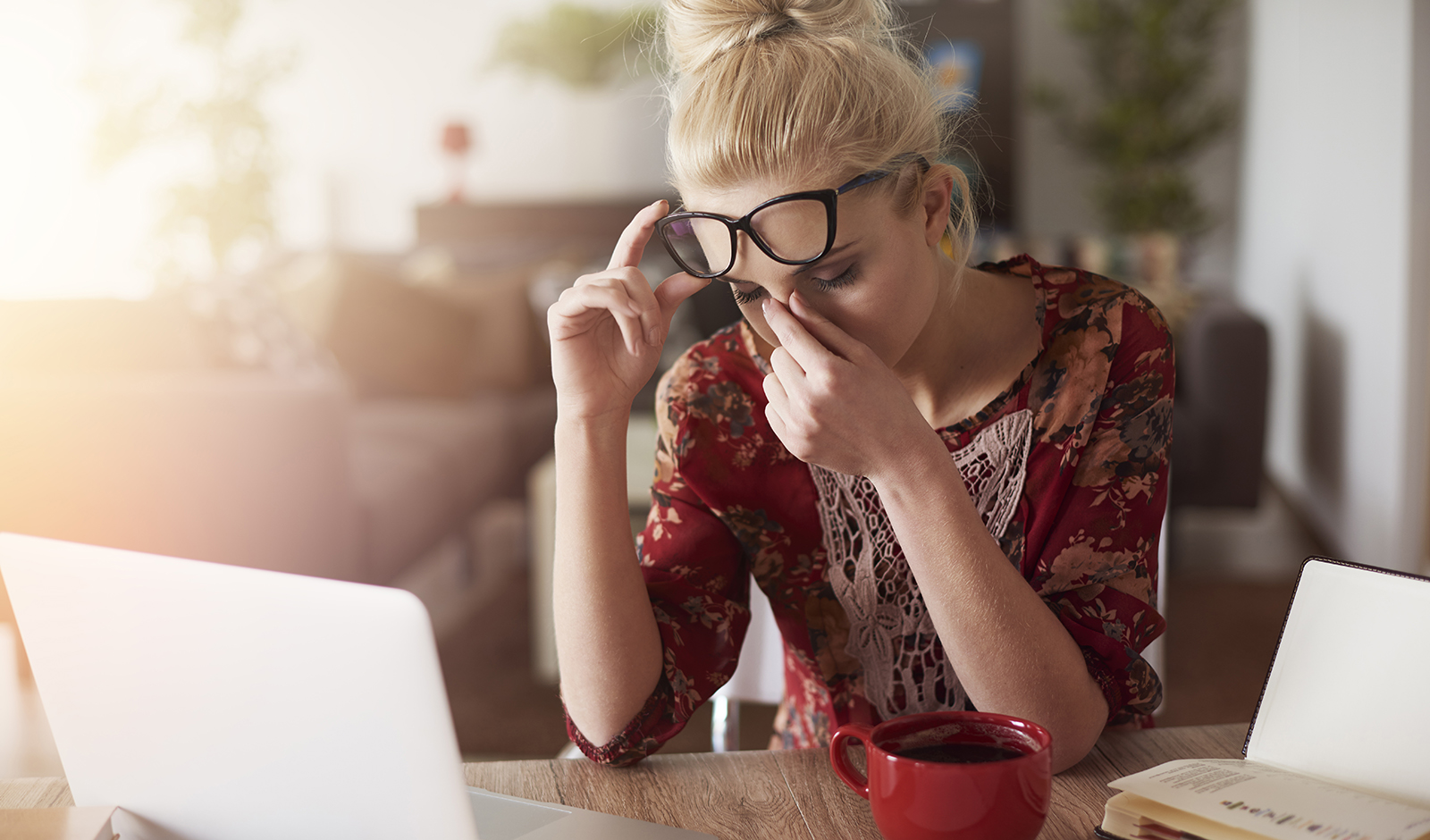

Busy schedules, conflicting priorities, and overwhelming responsibilities can have a significant impact on one’s mental health. Pair that with the ongoing global issues we all face in a day, and it’s no wonder that anxiety diagnoses have increased in recent years.
Anxiety has a way of hitting at the most inconvenient times. Here are some simple ways you can manage your anxiety on the go.
Avoid Stimulants
If you rely on coffee to power you through the day and also experience anxiety, it might be time to rethink your relationship with stimulants. Coffee, tea, soda, and pre-workout can all exacerbate the impacts of anxiety. Cutting back or limiting yourself can help you offset anxiousness in your daily experience.
If you think you’ve overdone it with caffeine and need something quick to get you back on track, stop and have a glass of water. Doing so will help flush your system and restore hydration, creating balance in your body.
Try CBD
CBD has become a staple in the health and wellness industry for its impacts on stress and anxiety. Consider using CBD as a preventative measure or a “spot treatment” when feelings of anxiety occur.
If CBD isn’t impactful enough for your anxiety disorder, try Delta 8. This alternative is a bit stronger than CBD but not as mind-altering as most recreational strains of cannabis. You can get disposable Delta-8 vape pens that tuck into a pocket or purse for when you leave home. Be sure to stay home in a safe environment the first time you try CBD or Delta 8 to evaluate how it affects your unique physical makeup.
Do a Mini PGMR Session
Progressive muscle relaxation (PGMR) is a behavioral psychology tool used in anxiety treatments to help induce relaxation and offset the impacts of an anxiety attack. However, doing a full 20-minute PGMR session isn’t always feasible while on the go.
Instead, do a mini PGMR, tensing individual muscle groups for five seconds, then releasing them. You can do this while sitting at your desk, driving, or any time you feel an oncoming anxiety episode.
Take Deep Breaths
Taking deep breaths is a simple process that has a complex physiological effect. When you experience anxiety, your fight or flight system engages. When you stop and take deep breaths, it slows the release of adrenaline. Your breaths regulate your circulation, increasing your oxygen levels and stopping your anxiety response in its tracks.
Shock Your Senses
Another approach to stopping your body’s response system is to shock your senses. This approach doesn’t have to be extreme; it’s just meant to refocus your body and mind.
Some common ways to shock your senses include:
- Holding an ice cube or stepping into snow
- Biting into a lemon
- Smelling an aromatherapy bottle or spice
- Doing a quick set of jumping jacks or push-ups
While these activities may seem simple or strange, they’re incredibly effective.
Try a Grounding Exercise
If shocking your senses isn’t feasible, consider engaging them through a grounding exercise. Notice your surroundings and identify things you can see, smell, hear, feel, and taste. You can even take a countdown approach, starting with five things you can see and working down to one thing you can taste— maybe a lemon!
Stop Negative Thought Patterns
Finally, learn to identify and stop negative thought patterns. If you find yourself spiraling and worrying, take a mindfulness minute and cut off the thoughts. Ask yourself what you’re feeling, what triggered the feeling, and what’s within your control. Give yourself positive reinforcement and encouragement to start rewiring your mindset.
None of the strategies on this list will replace the effort of identifying the causes of your anxiety and developing long-term coping strategies— you must schedule time for self-care! However, you can use these simple skills to help you manage your anxiety daily.
























